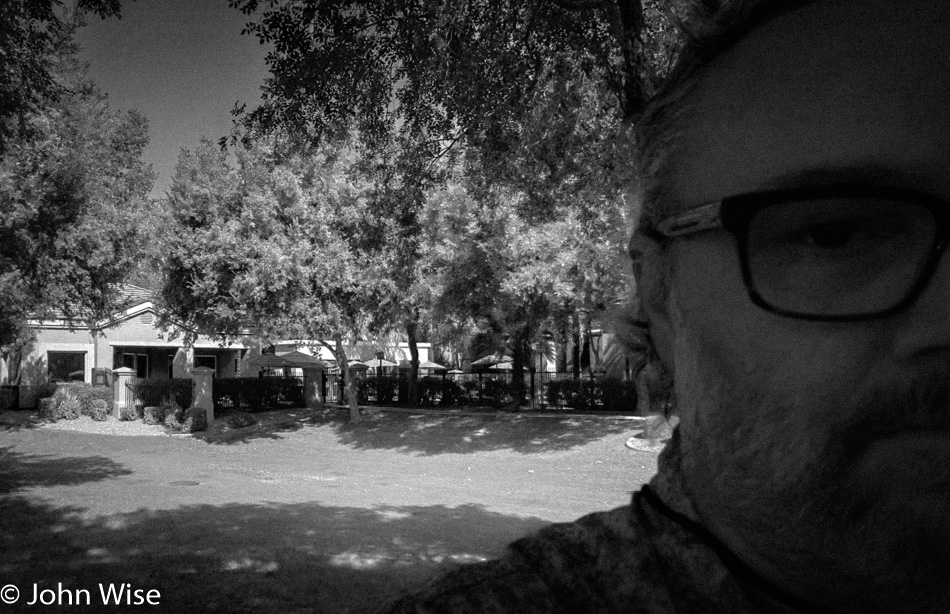
I often forget to use the word discernment while lamenting much of popular culture, which irks me. Maybe that makes me appear arrogant that with blanket statements I lay out my screed against so many things that entertain the masses. But I can’t help but see a correlation between what the average person consumes and the general malaise that afflicts our country. We cannot consume a diet of pure junk food and simultaneously have a fit body. We cannot listen to and learn English exclusively and claim we understand Chinese. If we never drive a car, ride a bike, or transport ourselves in any manner besides walking, we cannot put ourselves in the seat of a jet and claim we know how to fly. But this is effectively exactly what we do when we voice our opinions about complex subjects.
One does not learn from the Sons of Anarchy, Call of Duty, Lord of the Rings, or Sean Hannity without a healthy portion of discernment gleaned from vast reading and conversation about a breadth of subjects. While we may be very well entertained and even have our imaginations finding inspiration, these pablums are not the keys to enlightenment or even rudimentary knowledge.
When I was a child, I watched the Marx Brothers and especially loved the Harpo character. His extreme silliness was balanced with the most tender and passionate harp playing, showing me a sophisticated skill. Likewise, his brother Chico who played a kind of doltish fool and Harpo’s keeper, relied on his skill to “Get one over,” and then, in an instant, he’d sit down at the piano and demonstrate mad skills. A few years later, I’d be watching the Six Million Dollar Man and its formulaic nonsense where in addition to getting the bad guys, our hero would also do some small act of kindness for someone less fortunate, showing the audience that this half-man half-machine has some deep-seated humanity that inspired him to do good.
As the 1980s rolled around, characters became much more one-sided and simple; good guys were always good, and bad guys were really bad. I had to turn away from the medium, which was easy as books were bringing me into seeing a side of thought and reason I’d never seen in mass media. From Antonin Artaud, Kierkegaard, and Camus to Lautremont, Bukowski, and Schopenhauer, I stumbled into an unseen universe of potentiality that was non-existent in the well-spelled-out worlds of solid conclusions portrayed on TV, in the movies, and videogames. Initially, I didn’t find the archaic forms of electronic media to be dated or offensive; I was simply discerning between platforms as I sought out knowledge. The more I thought I was learning, the more I wondered why so many others felt the unrelenting need for mindless entertainment. As time went on and people like Stephen Hawking, Terrence McKenna, and David Deutsch stretched my ability to comprehend reality, I began resenting the damage I felt popular media was inflicting on our population at large.
I’ve heard more times than I can remember how the burden of existence affords the masses the justification to turn off their brains. It’s as though having children, getting married, owning a pet, and developing a career are forms of torture that the unwitting victim didn’t understand would be such a heavy responsibility to carry. So armed with a beer and the remote control or game controller, people retreat to a quiet corner to witness decay and misfortune as the media sorts the winners and losers.
Meanwhile, I have choices to make that allow me to discern what kinds of books I’ll read, what hobbies I’ll invest in, and where I’d like to travel for the sake of exploration. This human responsibility should NOT be taken lightly as we are the only species on earth that have the option to study things from the infinitesimally small ones found in quarks to trying to comprehend the universe and the things that exist between them. Angst hammers at my frontal lobe when I confront the reality that, otherwise, reasonable people cannot set aside 30 minutes a day for contemplation of self or the study of things outside their normal purview. I’d like to insist that my curiosity is normal and need to learn is a necessity, but the America I’ve grown up in cannot discern the difference between a healthy amount of desire for education and the celebration of the cessation of all things intellectual.